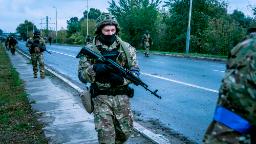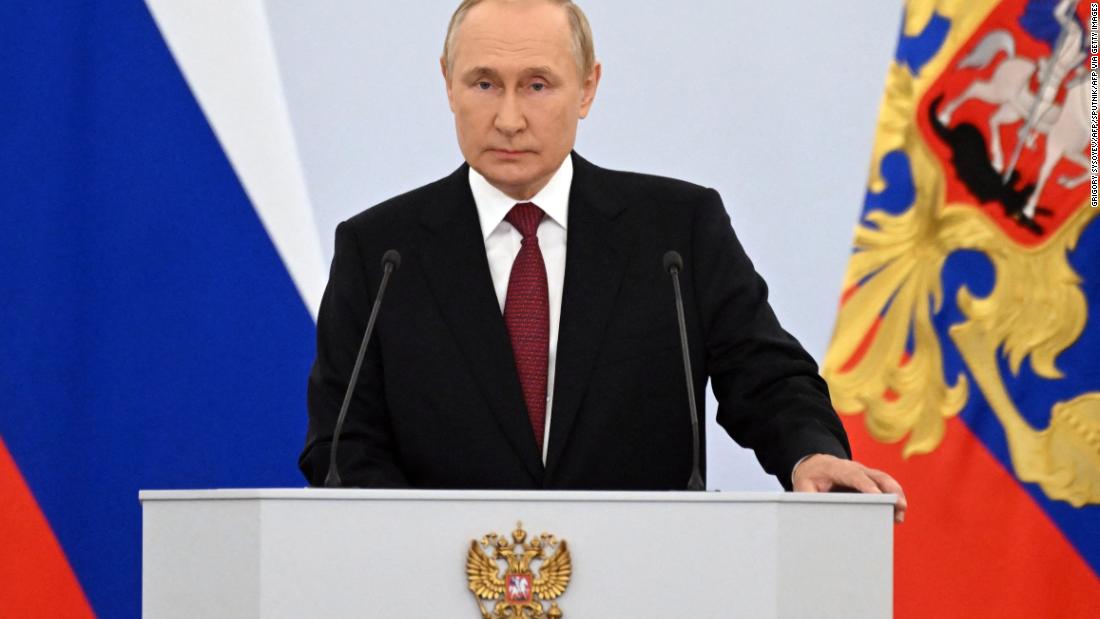
The US is considering offering to use its most advanced underwater sound reading capabilities to analyze audio recordings from around the time of the Nord Stream gas pipelines’ apparent sabotage, according to two sources familiar with the matter.
The US Navy’s processing of the sonar signatures — the term for the unique underwater sounds — provided by Sweden and Denmark could boost the investigations by providing a more detailed picture of what was in the area at the time of the pipeline explosions and what caused them, sources said. While many countries have the capability to process underwater sounds, the US has the most advanced system, sources said.
The processing of the underwater sound is viewed as a key piece of the investigation in addition to what underwater investigators find, sources said. Officials have said satellite images from the days before the leaks are unlikely to prove helpful because it was cloudy.
But the degree to which the US assistance in processing the underwater recordings could be helpful will depend on the quality of the recordings. The quality of any recordings that the Swedes and Danes have is unclear, sources said.
Each type of underwater machinery like submarines, torpedoes and vessel engines makes a unique sound that is called a “sonar signature,” and the US has an extensive library of these sounds.
A Navy spokesperson would not confirm the US is offering to analyze the sonar recordings but said the Navy is ready to help with the investigations.
“We are aware of reports concerning leaks to the Nord Stream pipelines. We stand ready to provide support and assistance in close coordination with our allies and partners, if needed,” Capt. Tamara Lawrence said.
The Swedish National Seismic Network (SNSN) said it had detected the explosions and experts said that the SNSN could share recordings with the US for processing, but seismic recordings are not the same as high-quality sonar recordings.
“What they are looking for is known signatures of adversaries class of ships or known signatures associated with an act like opening a torpedo door. The goal is to determine what caused this. The quality of the data and the kind of historical data in the database will determine to what degree they can accurately attribute this event using sonar signatures,” explained Mark Montgomery, the senior director of the Center on Cyber and Technology Innovation at the Foundation for Defense of Democracies.
The US has helped to analyze underwater recordings from the Swedes in the past, experts said.
These conversations about providing that assistance now come as the US Defense Department is doing “prudent planning” to see what assets, equipment and technical expertise the US has available to assist Baltic nations with the investigations, CNN reported last week.


























































